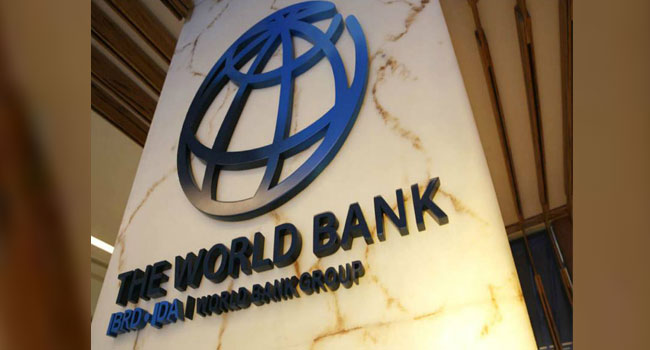IMF Upgrades Nigeria’s Economic Growth Projections for 2025,2026
The International Monetary Fund (IMF) has revised upward its economic growth forecasts for Nigeria in both 2025 and 2026, reflecting improved optimism about the country’s economic outlook.
According to the July 2025 edition of its World Economic Outlook (WEO), the IMF projects Nigeria’s economy to grow by 3.4% in 2025, an increase of 0.4 percentage points from the 3.0% forecast issued in April. The growth outlook for 2026 has also been raised to 3.2%, up 0.5 percentage points from the earlier projection of 2.7%.
The IMF also adjusted its global economic growth forecast upwards, projecting a 3.0% expansion in 2025 (up 0.2 percentage points from April) and 3.1% in 2026 (up 0.1 percentage points).
Similarly, growth projections for Sub-Saharan Africa have been revised to 4.0% for 2025 and 4.3% for 2026, reflecting increases of 0.2 and 0.1 percentage points respectively from the April estimates. The Fund noted: “Growth is expected to be relatively stable in 2025 in Sub-Saharan Africa at 4.0%, before picking up to 4.3% in 2026.”
Despite the improved forecasts, the IMF emphasized the urgent need for structural and institutional reforms across the Sub-Saharan African region to address ongoing economic challenges.
Speaking on the region’s economic priorities, Deniz Igan, Division Chief in the IMF’s Research Department, stressed the importance of reforms in several key areas. “Given the challenges Sub-Saharan Africa is facing, structural and institutional reforms are essential for renewed growth. These include enhancing regional trade integration, increasing investment in transportation infrastructure, and reforming state-owned enterprises, particularly in the energy and transport sectors,” she said.
Igan also highlighted the need for equitable fiscal reforms, cautioning that revenue mobilization efforts must be designed to avoid exacerbating inequality or triggering social unrest. She advocated for the elimination of poorly targeted tax exemptions, a greater emphasis on progressive income taxation, and enhanced public engagement to build trust and secure broad-based support.
“On the fiscal front, high debt levels necessitate greater revenue generation, but reforms must be perceived as fair and inclusive to prevent social backlash,” she noted. “Designing reforms that are equitable and efficient—by removing ineffective tax exemptions, relying more on progressive taxation, and protecting the most vulnerable—is essential. Transparent governance and stakeholder engagement will also be critical.”
IMF Research Department Director Pierre-Olivier Gourinchas echoed these sentiments, underscoring the need to restore fiscal space in economies burdened by high debt and persistent deficits. He warned that many countries remain vulnerable to abrupt changes in global financial conditions, especially if central bank independence is compromised.
“In many countries, elevated public debt and large fiscal deficits remain a major concern. The lack of fiscal space increases vulnerability to sudden tightening of financial conditions,” Gourinchas said. “Maintaining central bank independence is crucial to ensuring macroeconomic and financial stability. Our policy recommendations continue to emphasize fiscal prudence and stronger institutional coordination.”




